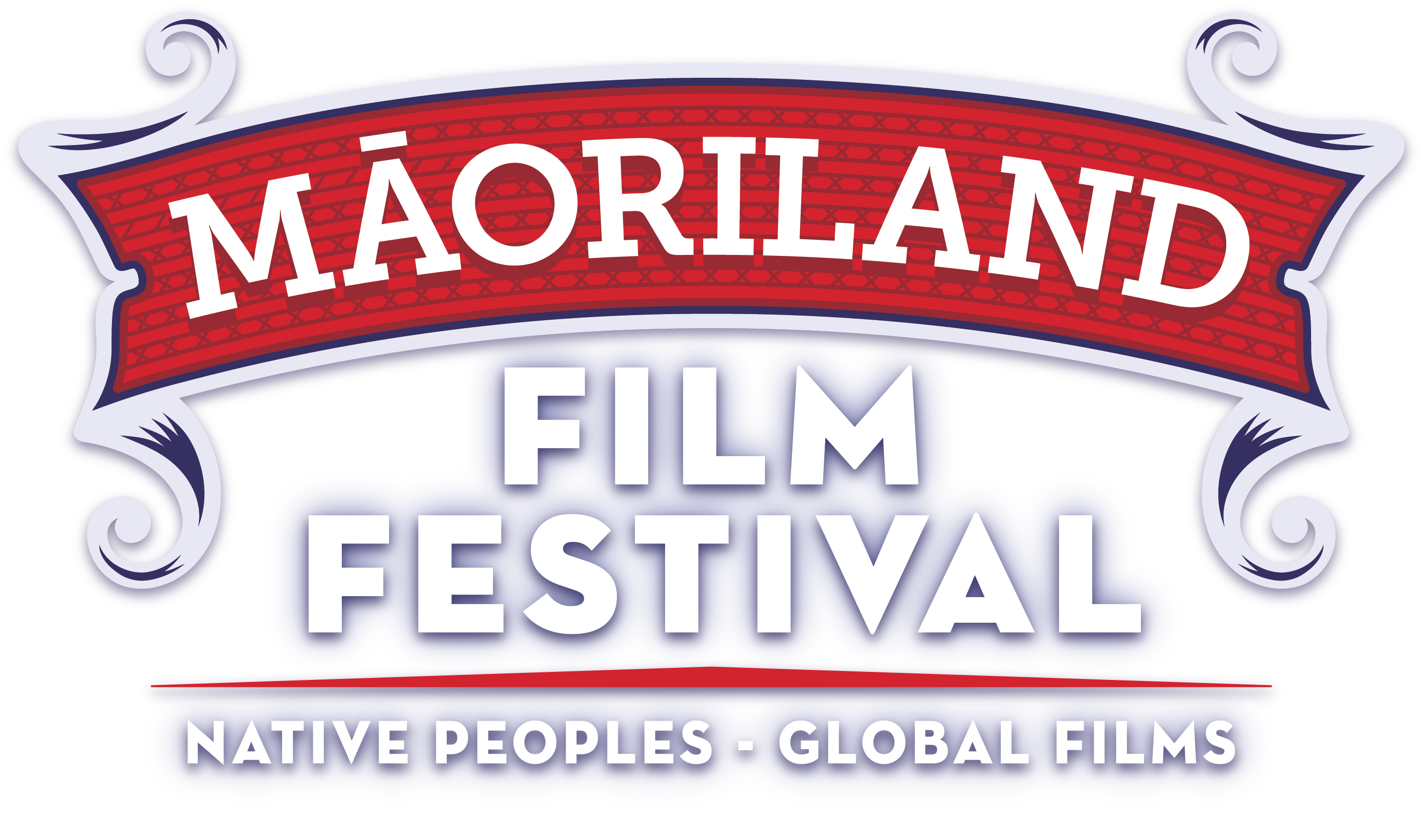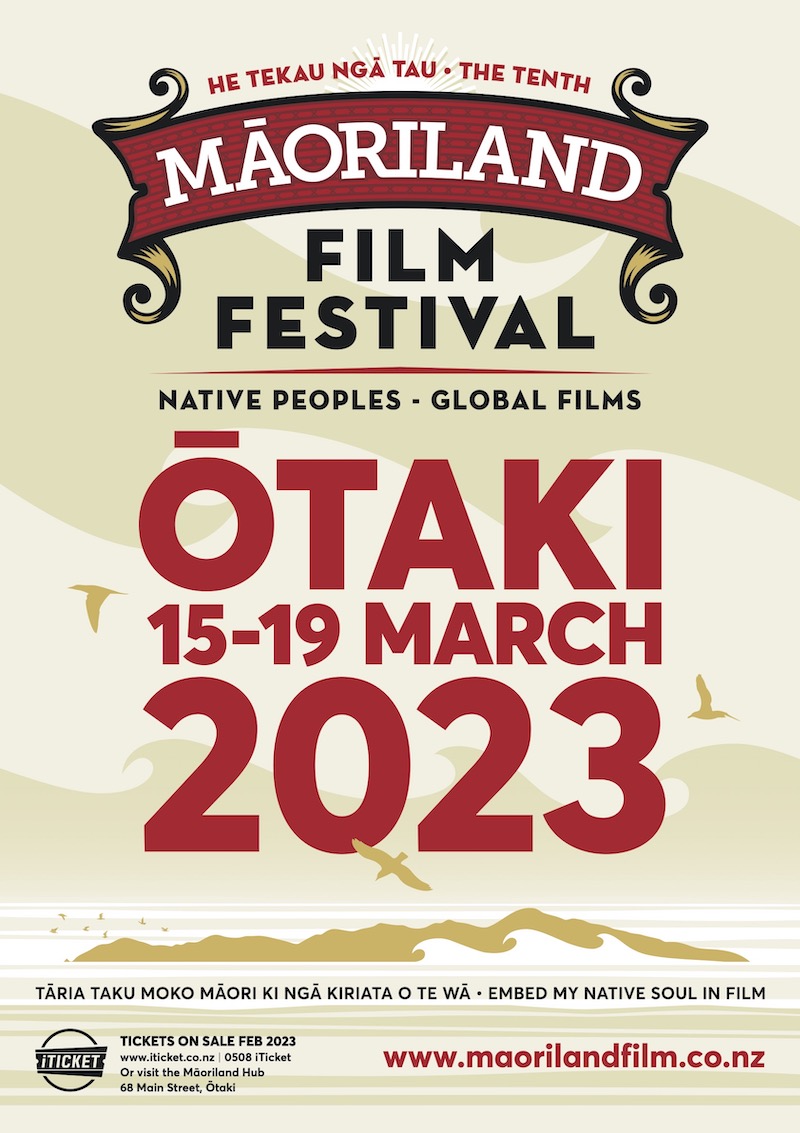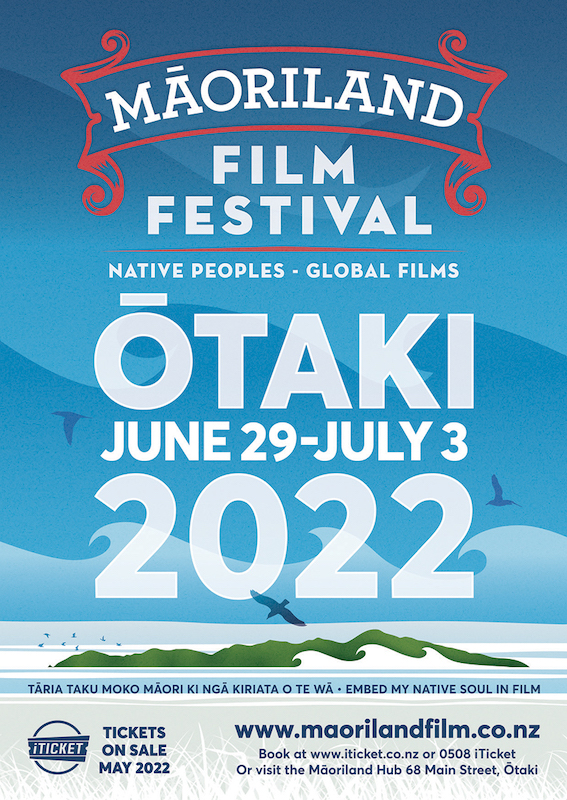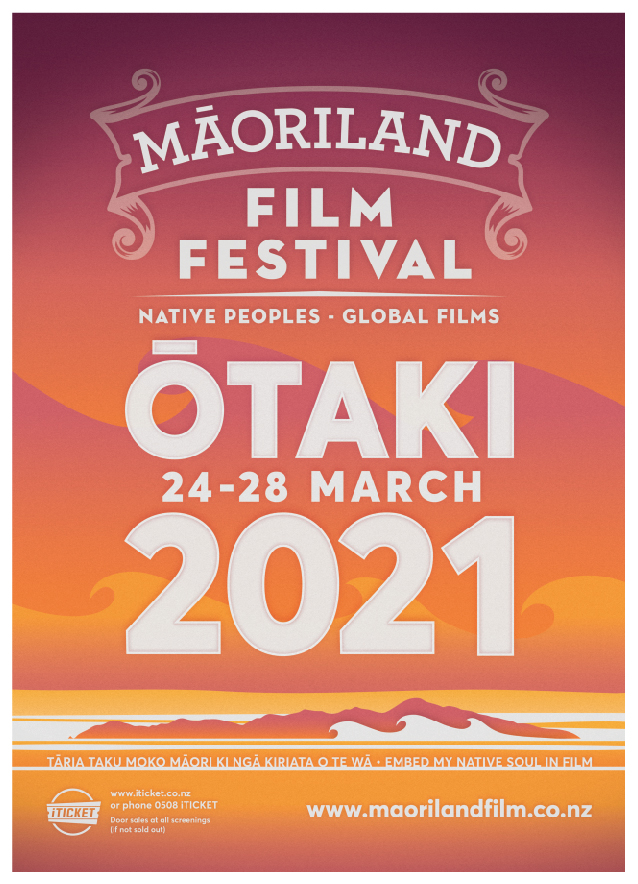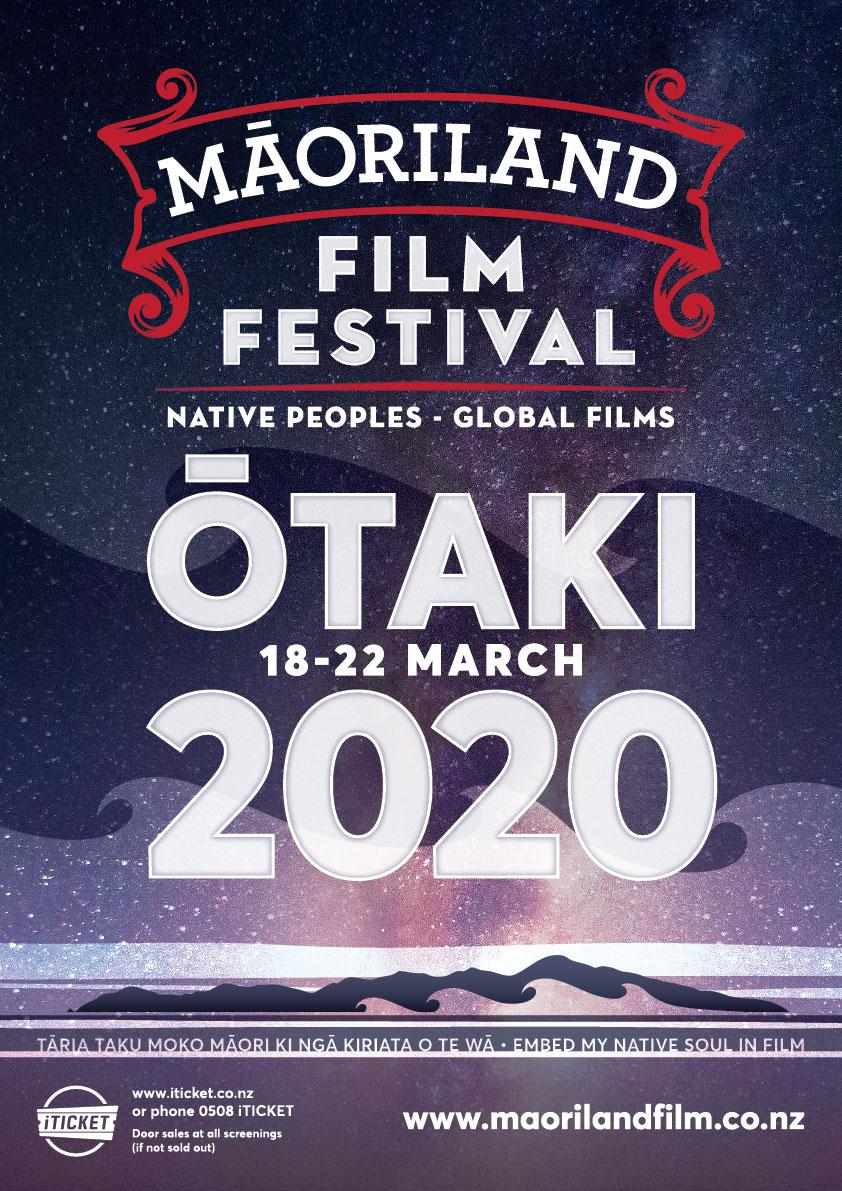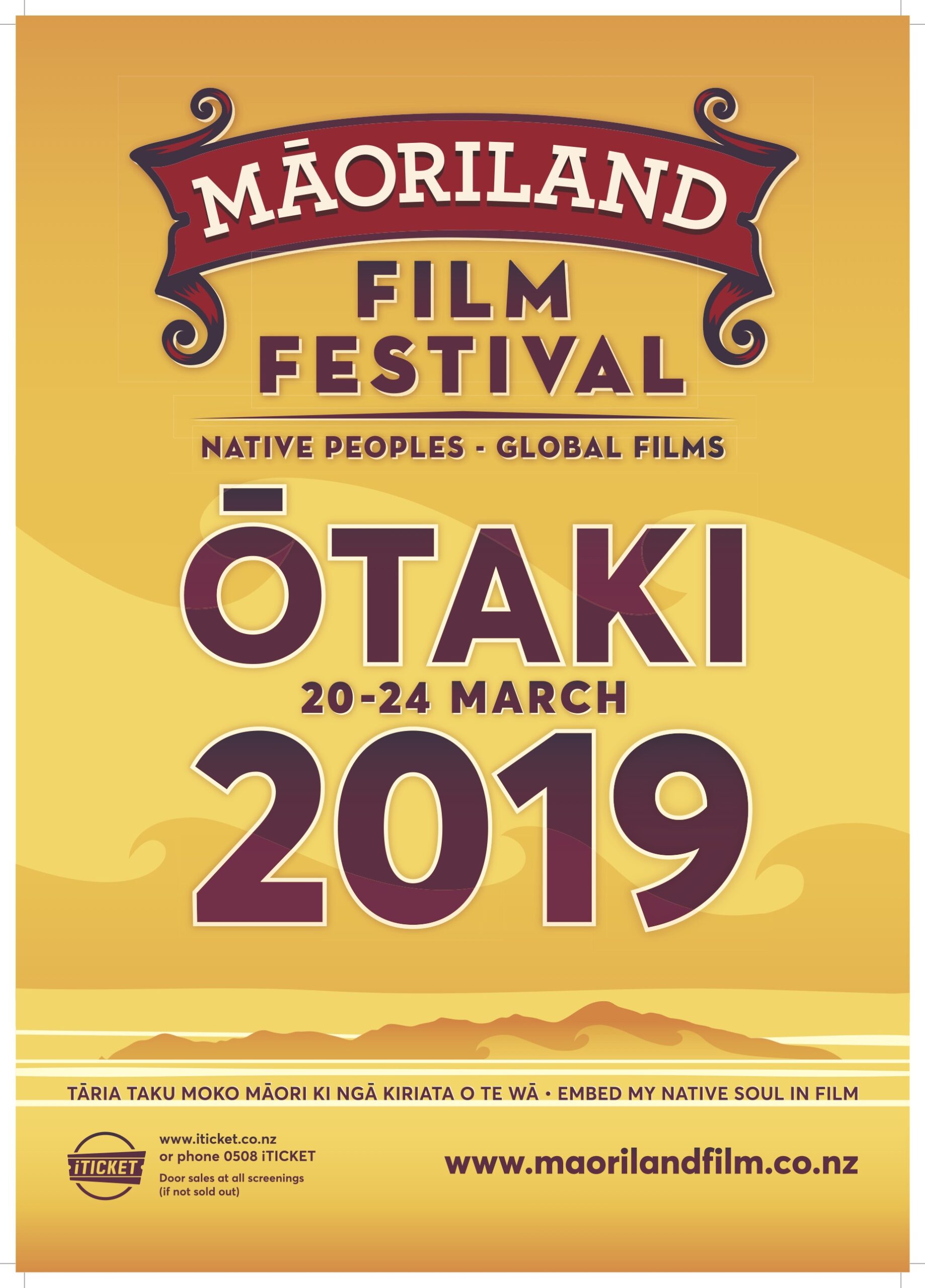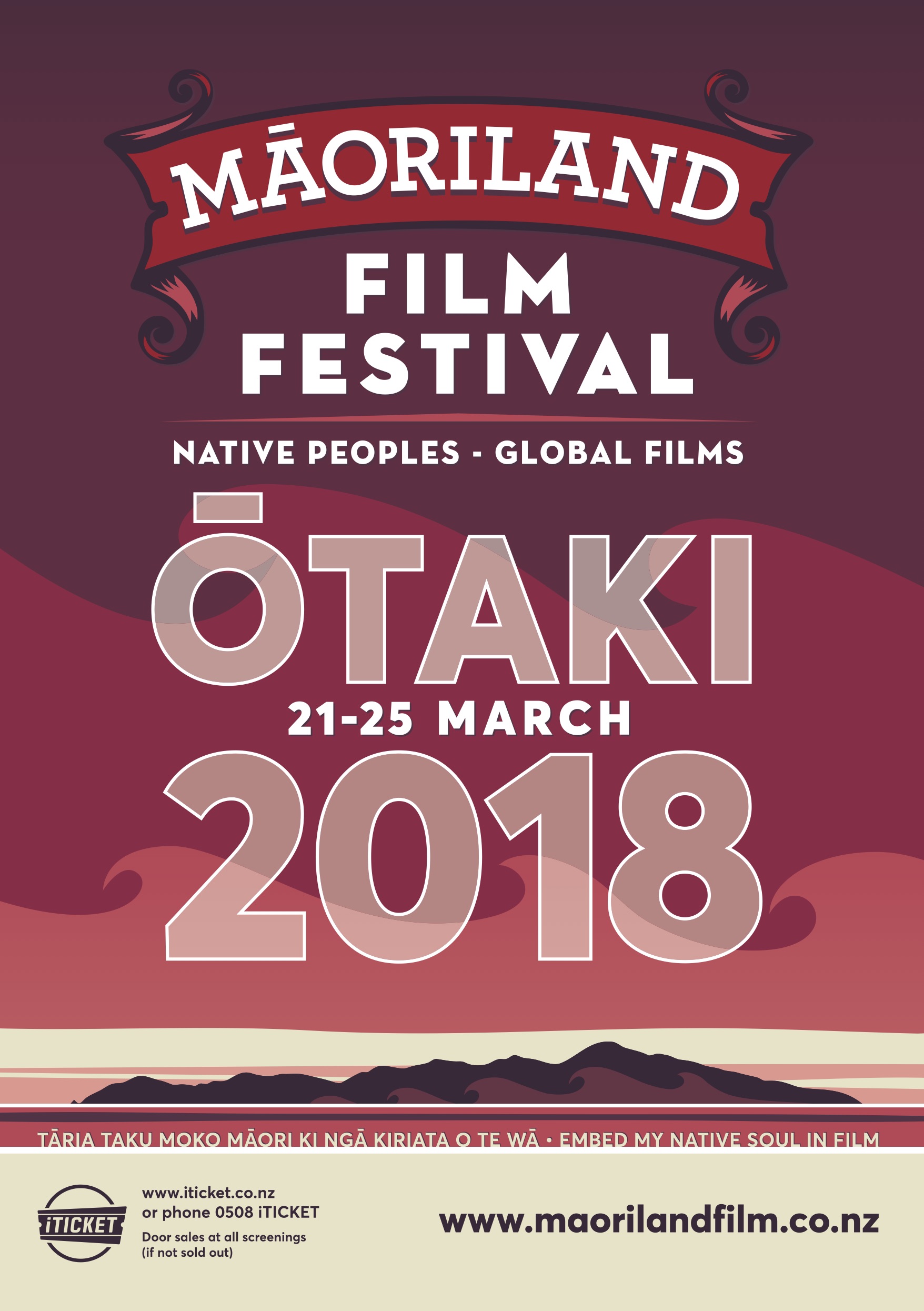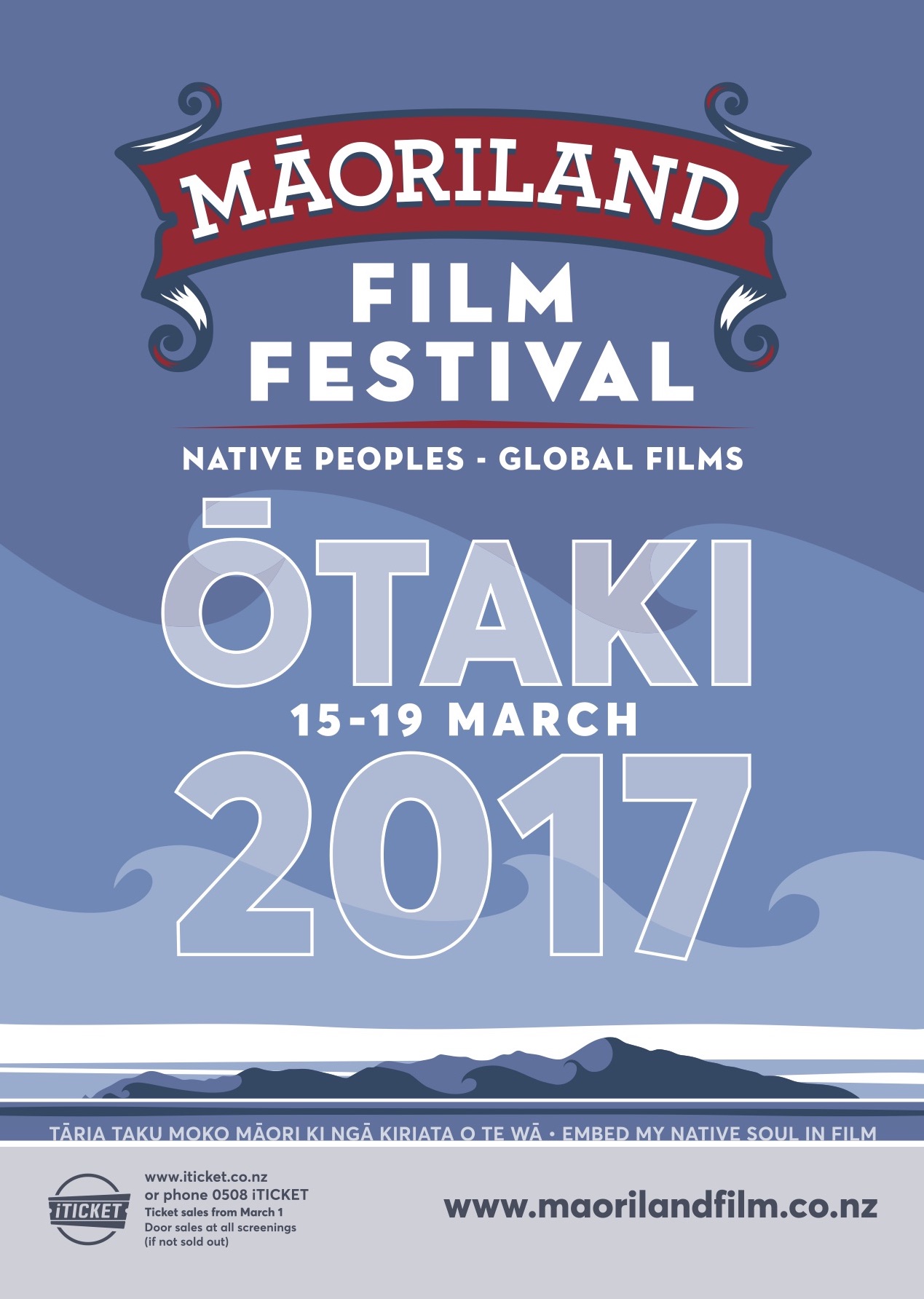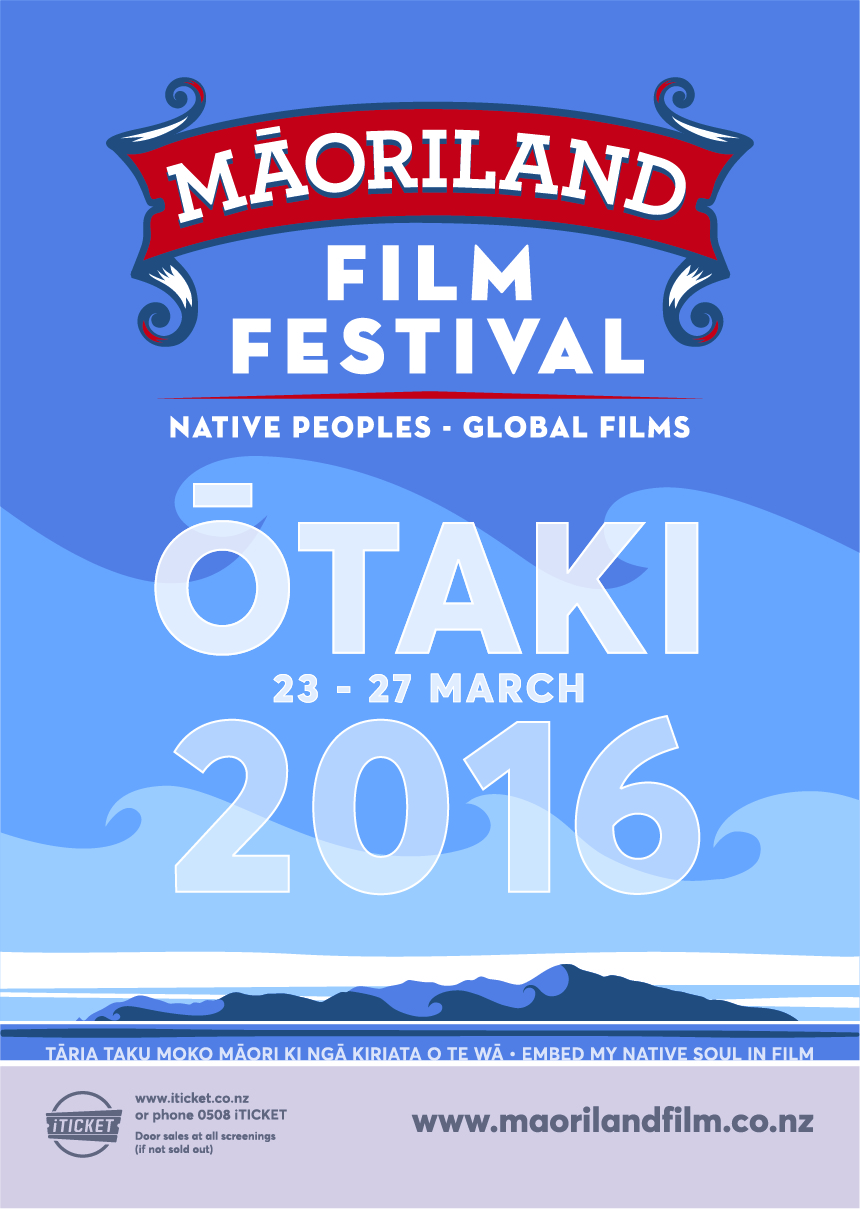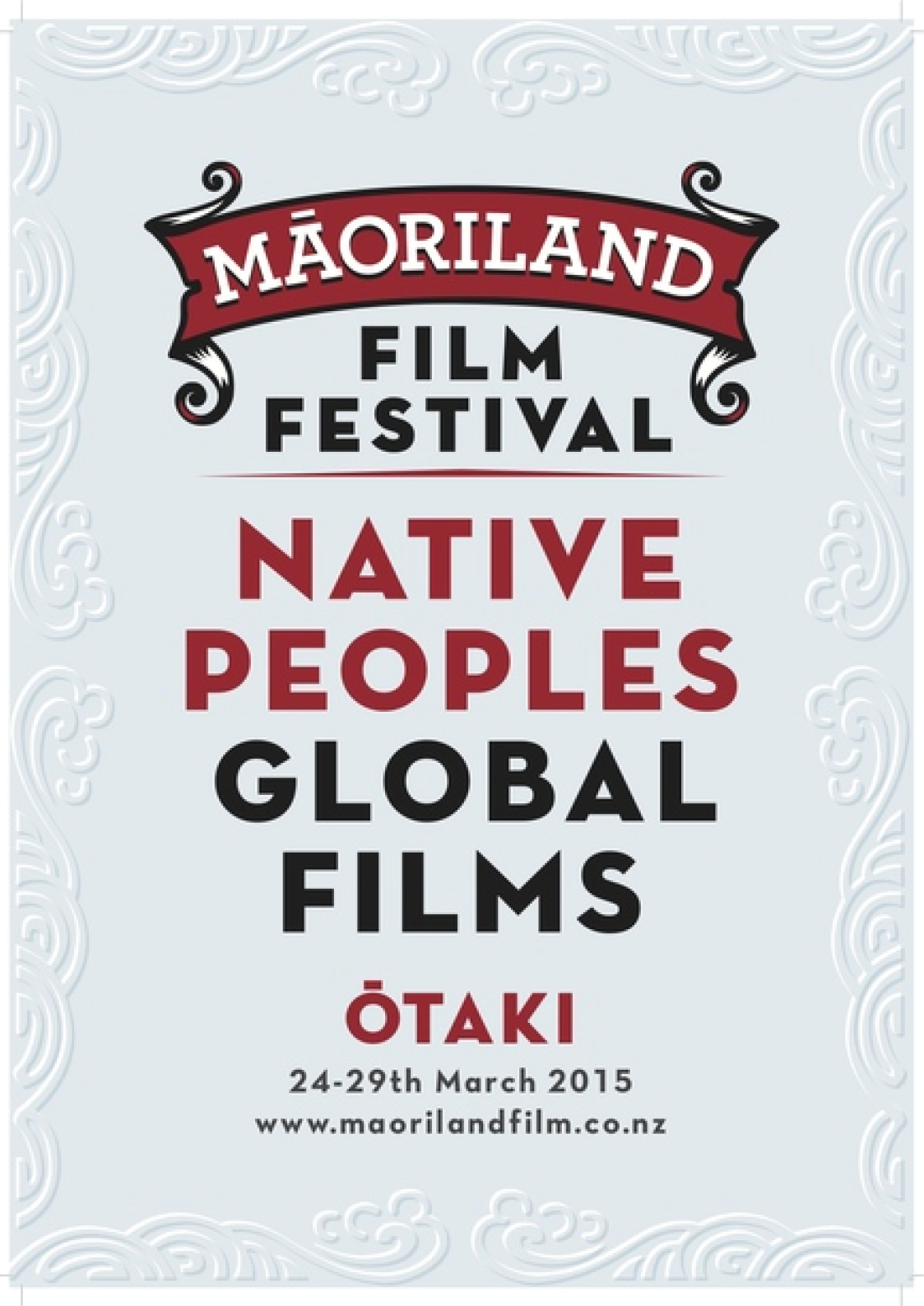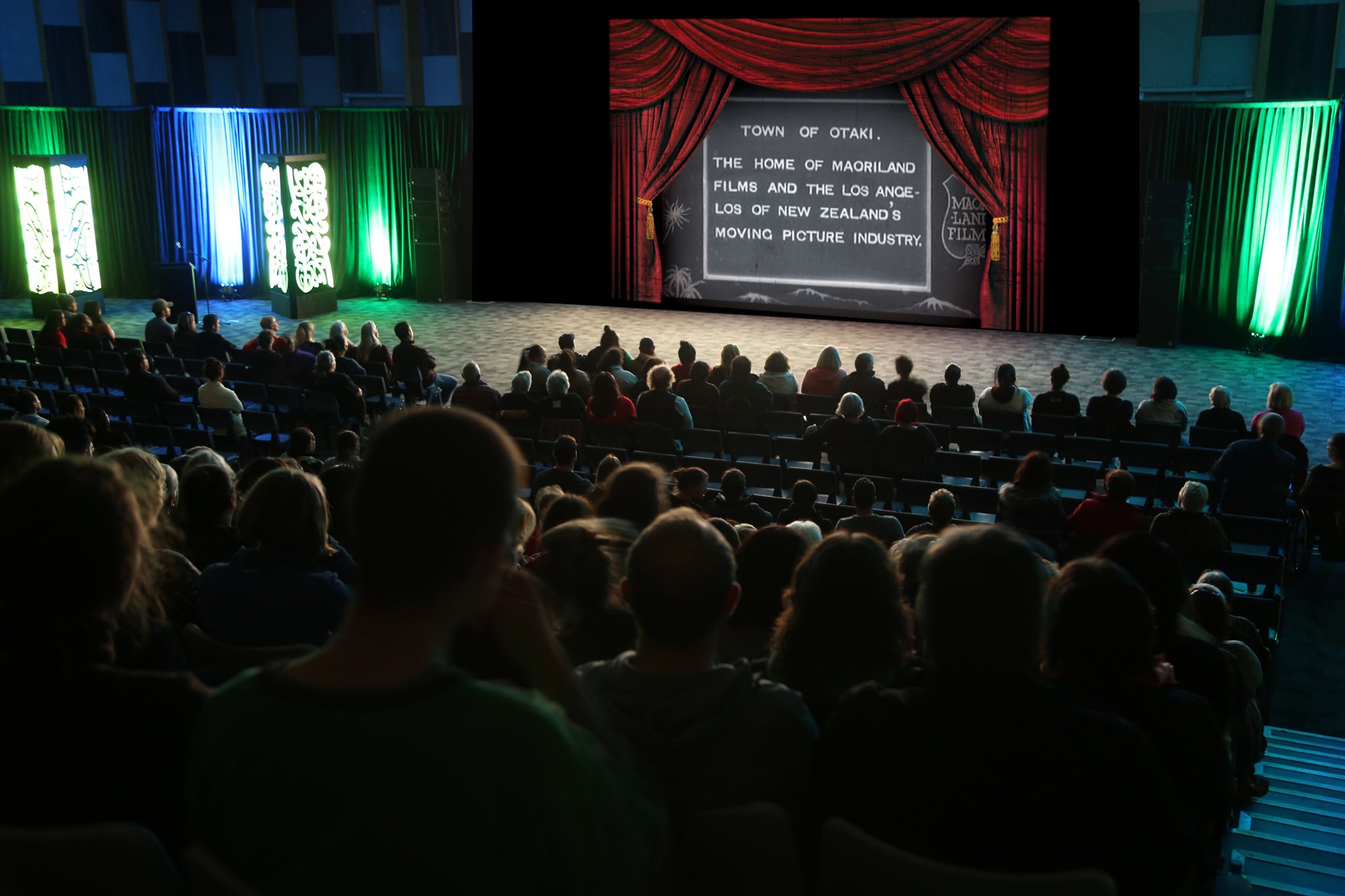
MĀORILAND FILM FESTIVAL
March 20-24 2024
Each March the Indigenous world comes together in Ōtaki, Aotearoa (New Zealand) to celebrate Indigenous screen storytelling at Māoriland Film Festival, the largest Indigenous film festival in the Southern Hemisphere.
The MFF takes place in the community of Ōtaki. Located on New Zealand’s Kāpiti Coast, Ōtaki is a vibrant seaside town where Māori culture and language thrives.
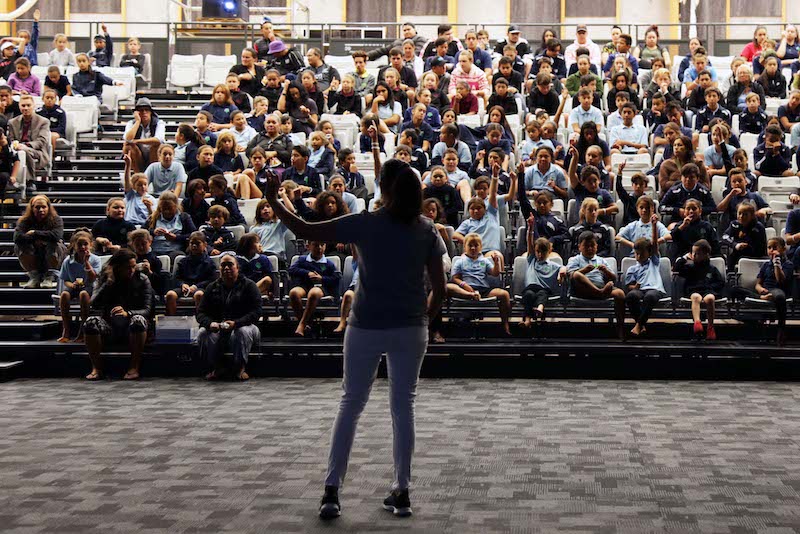
Eleven Years of Māoriland
MFF was founded in 2014 to celebrate Indigenous voices and storytelling in film from Ōtaki, Aotearoa.
Over the past ten years, the festival has grown to be the largest presenter of Indigenous screen content in the Southern Hemisphere, with a year-round programme of events that include; industry focussed events, emerging technology (VR/AR/XR), lecture series – NATIVE Minds, sound and stage performances, a full visual arts programme – Toi Matarau and more.
These activities were enabled through the establishment of the Māoriland Hub – Ōtaki’s largest building – purchased by the Māoriland Charitable Trust (NZ Charities Commission: CC53677) in 2017.
NGĀ POU O TE WHARE
Hou mai koe ki roto i te whare kōrero o Māoriland. Ko tōna tāhuhu ko te iwi, ko te poutāhu ko te mana o te kupu, ko te poutuarongo ko te ira tangata. Kei waenga ko te poutokomanawa o te aroha noa. Ka mutu, ko ngā pou koko ka titi iho ki te whenua ko ēnei:
We bid you entry into our house of stories. The ridgepole is the people, the front post is the authority of the word, the rear post is the essence of our humanity. Between them, we find the support pillar of love. The posts that anchor the corners to the land are these:
CELEBRATION
Māoriland celebrates the rise of Indigenous cinema. It invites filmmakers from around the world to share their compelling big screen stories with us, and with each other.
INSPIRATION
Māoriland upholds the mana and inspiration of our storytellers. We are guided by our elders, and taught by our children. The festival assists our community to expand their perspectives and to connect with those from other cultures.
RESPECT
Māoriland is rooted in the traditions and language of the hapū and iwi of Ōtaki. It is our honour to extend manaakitanga to the many visitors to the festival.
INCLUSION
Māoriland provides a portal to the Indigenous world for ALL people. It assists social cohesion, a sense of pride, and the informed well- being of our community.
